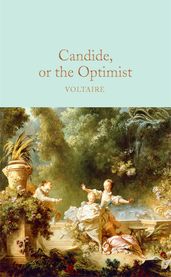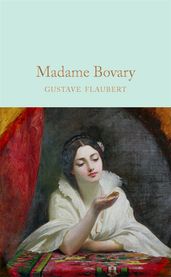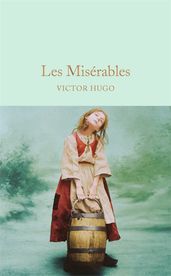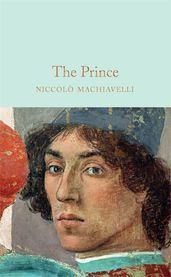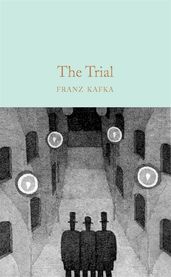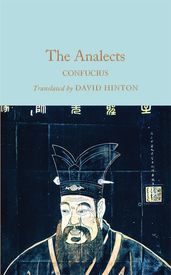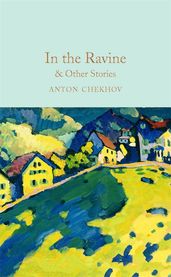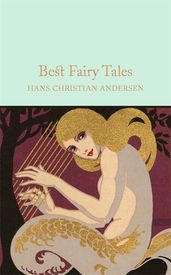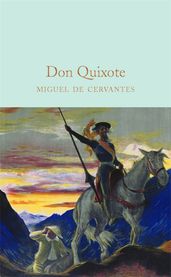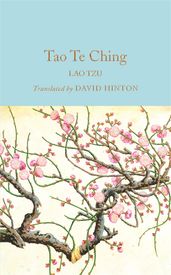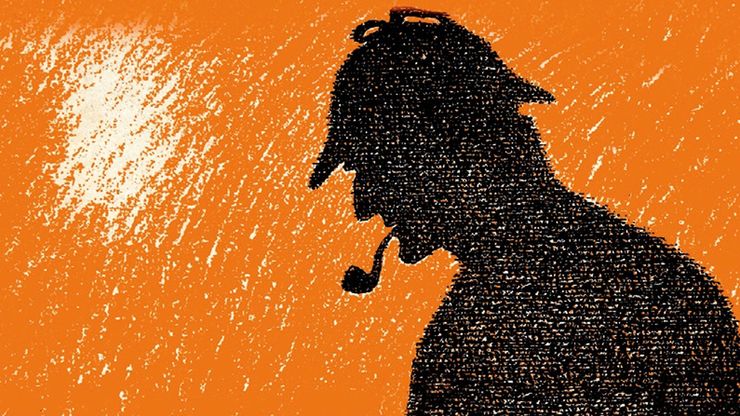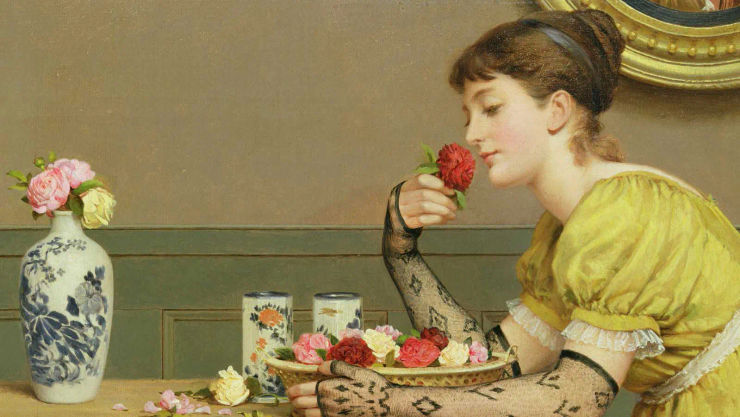The best translated classics to read right now
If you want to widen your reading and broaden your horizons, there's nothing like reading a classic in translation. From Voltaire to Kafka to the wisdom of Lao Tzu, these are just some of the very best translated classics.

If, like us, you're working your way through a TBR list of classic books to read at least once in your life, you'll want to make sure you include some translated masterpieces. So to help you decide, here we share just some of the very best classic books in translation.
We've included classic reads from around the world, starting with some French translated novels. Indeed, there are so many must-reads in the literature of France that it’s a struggle to pick just one, so we give you three. Thereafter, we take you on a global literary tour, from the machinations of Renaissance Florence via evil spirits in sixteenth-century Spain to the pithy wisdom of ancient Chinese authors.
Candide, or The Optimist
by Voltaire
Firstly, Candide by Voltaire – a laugh out loud funny and short novel, which viciously satirises eighteenth-century French philosophy and the cult of optimism. Rather than gliding through a perfect universe, young nobleman Candide travels the world with his riotous companions and they encounter one ludicrous calamity after another. And what does he learn? Famously, that the best thing to do is to ‘cultiver notre jardin’ – concentrate on what we can control.
Madame Bovary
by Gustave Flaubert
Madame Bovary by Gustav Flaubert is a book with truly iconic status. Published in 1856, it was banned by the French authorities because the story of a bored provincial housewife who has numerous passionate affairs was considered immoral. The case went to court, Flaubert was acquitted and his fame was assured. Read it to see what the fuss was about, and to be swept up in this daring portrait of adultery.
Les Misérables
by Victor Hugo
Revolutionary France is not an obvious setting for a blockbuster musical, so where on earth did Les Misérables, a powerful story of revolution, social inequality, unrequited romance and injustice, come from? Victor Hugo’s epic novel was first published in 1862. Hugo was one of the titans of French nineteenth-century literature who, alongside the likes of Stendhal and Balzac, wove complex human stories against a background of significant social unrest and inequality. In the original French, the novel runs to nearly 2000 pages. Happily, the Macmillan Collector’s Library edition is abridged so you can read the gripping story of Jean Valjean, Inspector Javert, Cosette and Fantine and skip some of the weightier social commentary from Hugo.
The Prince
by Niccolò Machiavelli
Now to Italy, and The Prince by Niccolò Machiavelli, a book so famous that the author’s name is an adjective used to describe cunning and deceitful behaviours. So who was the real Machiavelli? Born in Florence in 1469, he was a diplomat for the all-powerful Medici family. His experience with them enabled Machiavelli to write his famous handbook on the nature of power – how it works, how to lead and when to break the rules to achieve what you want. An unflinching exposé of realpolitik, the book packs a punch to this day.
The Trial
by Franz Kafka
Franz Kafka is another ‘so good it’s an adjective’ author. His famous 1925 novel, The Trial, has one of the best first lines of all time: ‘Someone must have been spreading lies about Josef K for without having done anything wrong, he was arrested one morning.’ The simple language jars with the absurd complexity of Josef’s situation – how can he prove his innocence to an untouchable court for a crime that’s never named? The effect is powerful and disturbing, and Kafka’s novel is a terrifying rendition of a destructive totalitarian state.
The Analects
by Confucius
Some of the most enduring classics are from China, works which have have been hugely influential in early philosophical thought. But don’t worry that these books are heavy going: on the contrary, they brim with wisdom and are set out in short sharp passages so they are very easy to understand and dip into. Confucius believed in an ethical society and that people should live by a moral code based on education, respect and integrity. His teachings were written down by his followers to form The Analects.
In the Ravine & Other Stories
by Anton Chekhov
Where to start with the greats of Russian literature? Chekhov’s short stories dazzle with their skill and variety. He writes sometimes with humour and always with compassion about everyday lives, and his characters leap from the page, from the church warden who’s convinced his wife’s a witch to the wronged wife who confronts her husband’s chorus-girl lover. Each story from In the Ravine & Other Stories is an absolute treat.
Best Fairy Tales
by Hans Christian Andersen
Now to very different kinds of stories – fairy tales from the legendary Hans Christian Andersen. It’s hard to imagine a world without these stories from Denmark, and the thirty tales in this edition include favourites such as The Little Mermaid, The Ugly Duckling and The Emperor’s New Clothes. A master storyteller, Hans Christian Andersen established the standard versions of traditional tales, and these are stories that live on in retellings, songs, films and in all our imaginations.
Don Quixote
by Miguel de Cervantes
Imagination on a grand scale is evidenced in Don Quixote by Miguel de Cervantes, Spain’s most famous novel. Don Quixote de La Mancha travels through sixteenth-century Spain with his faithful sidekick Sancho Panza, taking on evil enchanters, giants and evil spirits – all in the hope of winning the heart of his beloved Dulcinea. Hilarious and anarchic.
Tao Te Ching
by Lao Tzu
The Tao Te Ching is the source of Zen Buddhism. Lao Tzu taught that people should live in harmony with the cosmos and again, as with Confucius, this famous work consists of his teachings as recorded by devoted students. It’s incredible to think that – over 2500 years on – both these texts continue to nourish and enrich lives around the world.
